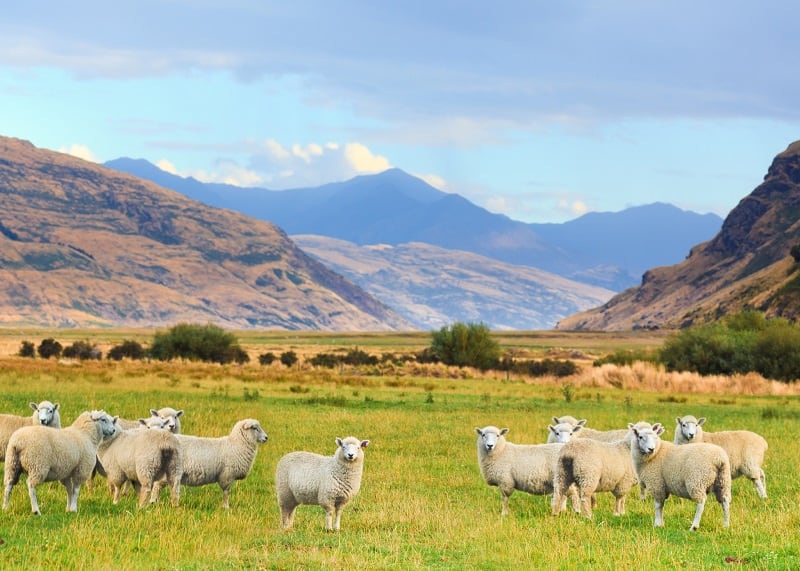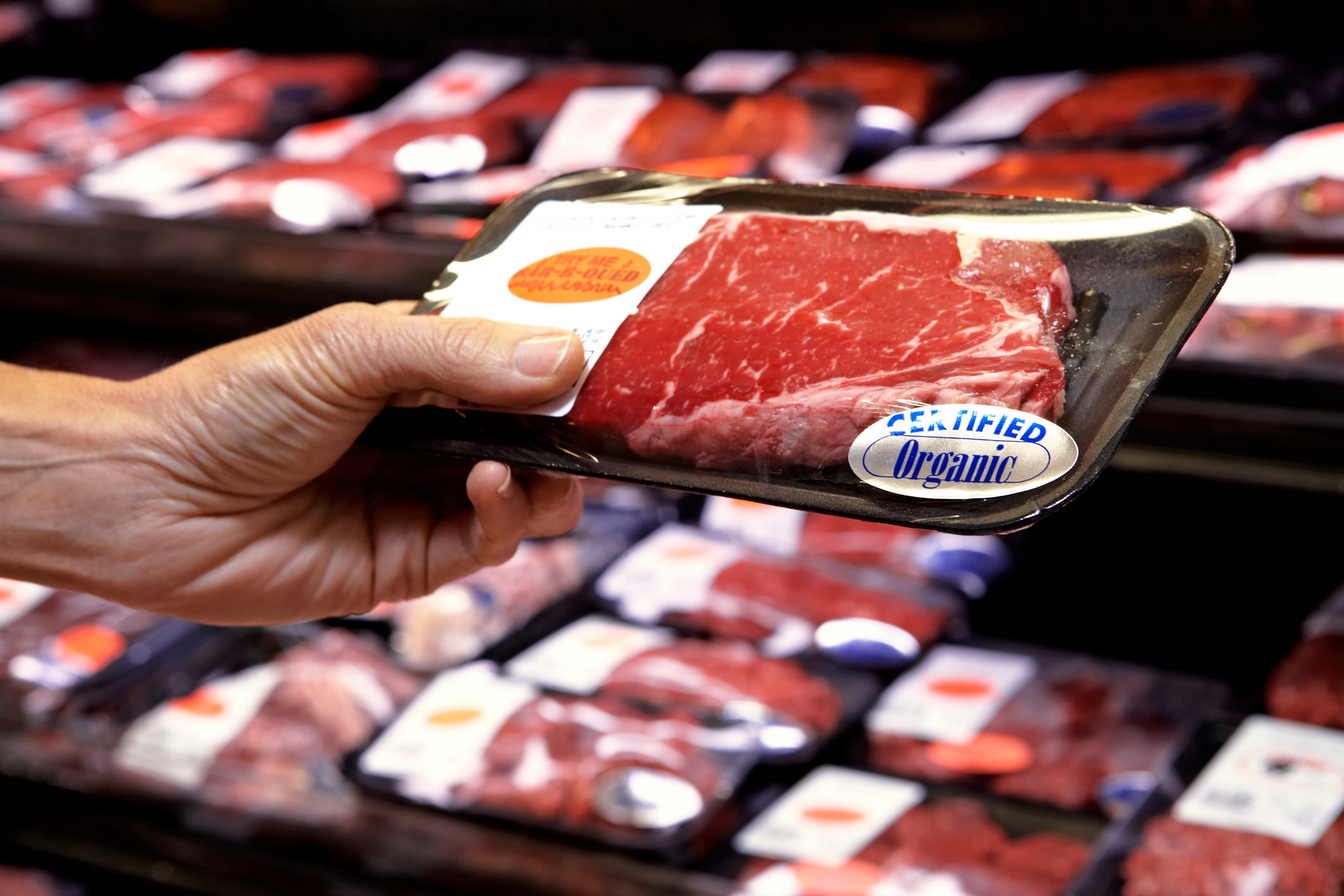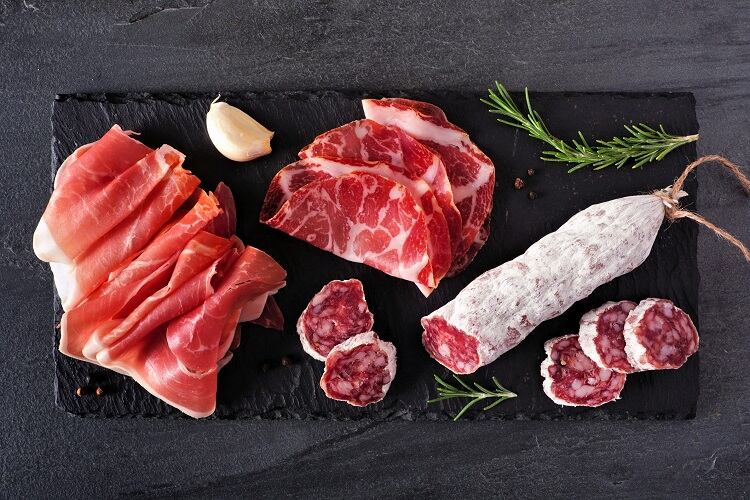New Zealand sheep and beef farmers are ‘well on the way to being carbon neutral’ thanks to the large amount of woody vegetation on farms helping to sequester, or capture, carbon, claims research.
Beef + Lamb New Zealand (B+LNZ) commissioned an independent analysis of the carbon sequestration taking place on New Zealand sheep and beef farms.
Researchers at Auckland University of Technology (AUT) said a significant amount of carbon-sequestering woody vegetation on sheep and beef land in the country meant New Zealand sheep and beef farmers were likely close to being carbon neutral. The vegetation covers around 2 million hectares, or just under 20% of all sheep and beef land area.
The researchers estimated the woody vegetation on New Zealand sheep and beef farms was offsetting between 63% and 118% of their on-farm agricultural emissions. If the mid-point in the report’s range was used, they claimed on average the woody vegetation on sheep and beef farms was absorbing about 90% of these emissions.
B+LNZ said the report was ‘potentially a game changer’ for New Zealand’s quest to be carbon neutral by 2050. CEO Sam McIvor said absolute greenhouse gas emissions from New Zealand sheep and beef production have reduced by 30% since 1990, and claimed the study reinforced the importance of farmers receiving formal recognition for the sequestration happening on their farms.
“This research shows that of the remaining emissions, the vast majority are being offset by the trees on our farms and New Zealand sheep and beef farmers are well on the way to being carbon neutral by 2050,” he said.
“Currently, most vegetation on sheep and beef farms does not qualify for inclusion in the ETS [emissions trading scheme] because it does not meet the definition of a forest. If farmers are to face a price for agricultural emissions, it’s only fair they get credit for their sequestration.
“The focus to date on livestock’s climate change contribution has been on emissions, rather than on sequestration. But with any product it makes sense to consider the whole business – in this case, taking a whole of farm approach.”
He added the study was proof ‘farmers are making a significant contribution to addressing on-farm agricultural emissions’.
Key findings of the research:
- Total annual on-farm agricultural emissions for sheep and beef production are +16,537 kt CO2e1, based on official New Zealand governmental figures.
- The woody vegetation on sheep and beef farms has annual equivalent GHG sequestration of between -10,394 kt CO2e and -19,665 kt CO2e.
- The net emissions position for New Zealand sheep and beef farmers is between a net annual credit of 3,093 kt CO2e and a net deficit of 6,143 kt CO2e.
- Woody vegetation on sheep and beef farms is therefore offsetting between 63% and 118% of their on-farm agricultural emissions.
- Of the 2 million hectares of carbon-sequestering woody vegetation, approximately 77% is indigenous.
- Around 12% of New Zealand’s woody carbon stocks, and over 40% of the country’s total carbon stock (including both above and below ground carbon) is held on sheep and beef farmland.
Source
‘An analysis of carbon stocks and net carbon position for New Zealand sheep and beef farmland’
Department of Applied Ecology, School of Science, Auckland University of Technology
https://beeflambnz.com/sites/default/files/news-docs/BL_Carbon_report_for_review_final_submit.pdf





